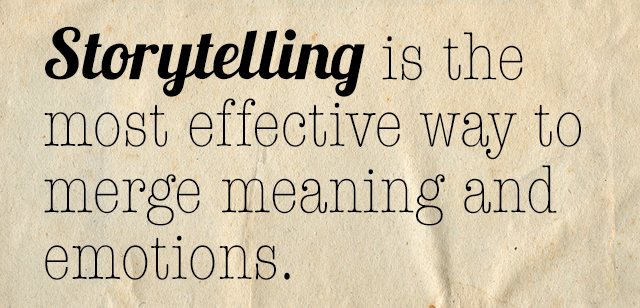 |
| Image from https://barsocialmedia1.wordpress.com |
In my last post, CLICK HERE to read it, I dealt with an activity in which our students have to create stories from images or different prompts.
Today, I'd like to set some important aspects about this kind of activity, and analyse why storytelling is an ideal resource to develop and improve EFL students' skills.
Why is STORYTELLING such a amazing activity?
 |
| Taken from https://www.youtube.com/watch?v=Cr7-v2FdQw0 |
Telling stories in our digital era has turned into a powerful tool for our EFL classroom. There are many benefits which justify the use of this unlimited resource:
- It provides students with motivation, fun, curiosity, and favourable skills for the learning process.
- It helps us establish connections between contents, and also organise information.
- It promotes a great amount of values to be worked on in the classroom.
- It encourages the critical thought from story reflections.
- It develops social skills such as the active listening and empathy.
- It allows students to pay more attention and to get a higher concentration level.
- It generates a link between the teacher and students, by facilitating a more fluent communication and bidirectional interaction.
- It contributes to a relaxed and participative work environment.
- It stimulates students' creativity and imagination.
- It causes an emotional involment which allows messages to be interpreted faster and in a deeper way.
There are many websites that can help us prepare a storytelling activity. However, I've listed what I do to make sure the activity to be a succesful one:
| From https://medium.com/
BUT HOW?
|
- Draw a grid on the board and then write one word in each box. The more complicated you want the activity, the bigger the grid will be. You can use vocabulary to be reviewed together with new words. Try to include a mixture of words of any category to help students enrich the text.
- Let students know that the activity goal is to create a story using all the words on the board. They can use whatever they want, but make sure they include all the written words.
- The first time you do this kind of activity you ca use a model to be followed.
- If students are high level, they will be able to generate their own vocabulary grid from textbook or classnotes.
- This is an ideal activity for pairing.
WHAT ELSE?
- Students can vote on the best stories at the end of the lesson, labelling different categories, such as
- the most creative story;
- the most interesting story;
- the funniest one;
- the best-told story, etc.
- They can also rewrite other groups' stories as a radio drama.
- These can be recorded to be published as postcats.
- Or be performed as a short play.
 |
| Image taken from https://www.burkert.com/en/Contact/Contact/Feedback |
EVALUATION AND FEEDBACK
After listening all their stories, I like to give students feedback on every aspect of the activity. I always write down anything they have to improve or correct, regarding, not only formal part of language, but also any aspect of performing.
They get some notes from me after the first exposition of the story, so they can correct any aspect before the final recording or performing to an audience outside the class.
I hope you and your students enjoy the experience as much as I do!!!!
No comments:
Post a Comment
Please let me know your comments on this post. Thank you!!!!